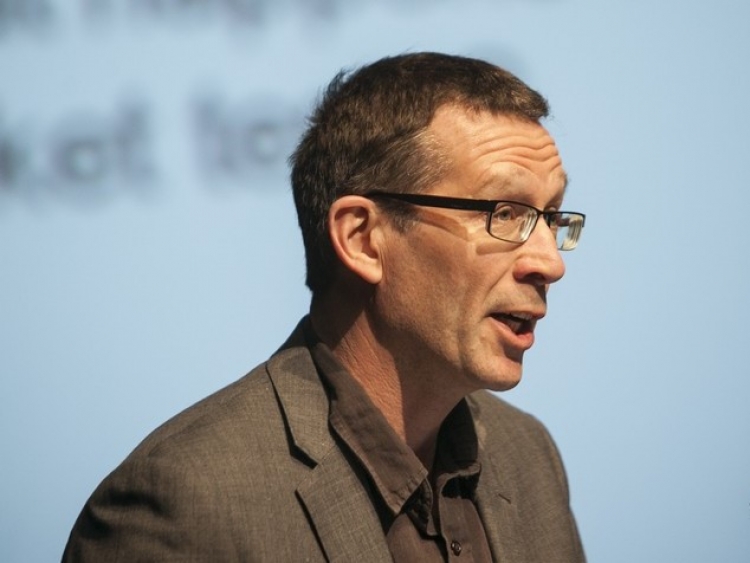Labour migration conference 2015: impact of the Swedish labour migration law of 2008

Pieter Bevelander, Professor of the Malmö Institute for Studies of Migration, Diversity and Welfare, Sweden gave a presentation at the Nordic-Baltic Labour Migration Conference on March 27 in Tallinn. He was interviewed by Häli Ann Reintam, Master’s Student at the University of Tartu, Estonia.
How did the public react to the Swedish labour migration law of 2008? Is it well known to the public?
I don’t think that it’s well known, because in general the public doesn’t have that much knowledge about labour migration law in Sweden. It was a minor change in the overall policy and it didn’t have a remarkable effect. Employers with international staff and human resource departments probably do have knowledge about the labour migration law, but not the public.
The big debate in the Swedish media is about refugees; labour migration is a minor topic.
You did mention in your presentation that many of those labour migrants who came to Sweden after the 2008 labour migration law applied for asylum as well.
Yes, many of those did, but the number was low. There is still such a small part of the refugee and asylum-seeking numbers that it’s not an issue actually. First, if half of the refugees come through the labour migration system, then we could have a problem. It could be an issue, if they don’t get a job. But if they are employed, then probably everyone will think it’s good for the country.
Find out more
- Labour migration conference 2015: challenges for migrant workers in Denmark
- Labour migration conference 2015: integration of the second and third generations of migrants
- Labour migration conference 2015: immigration as a challenge for the Nordic Welfare Model
- Presentations from the labour migration conference 2015
- Photos
- Nordic-Baltic labour migration and population development project


